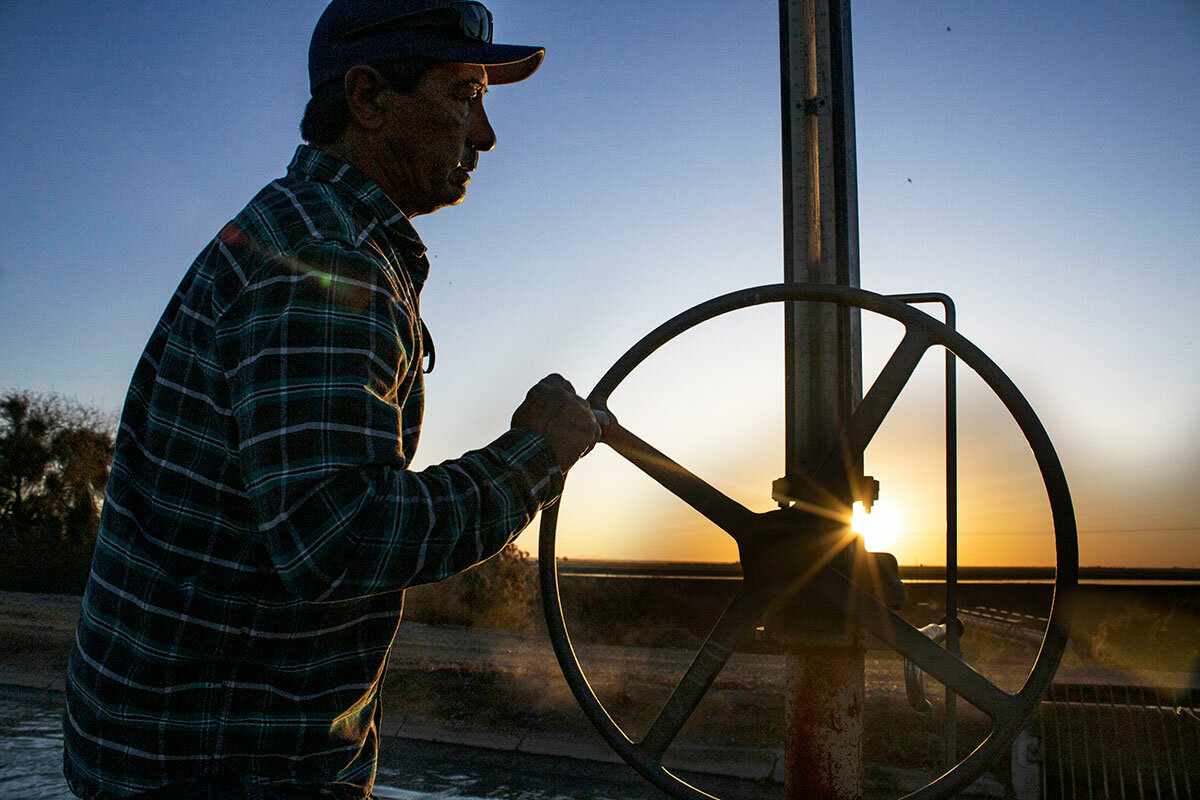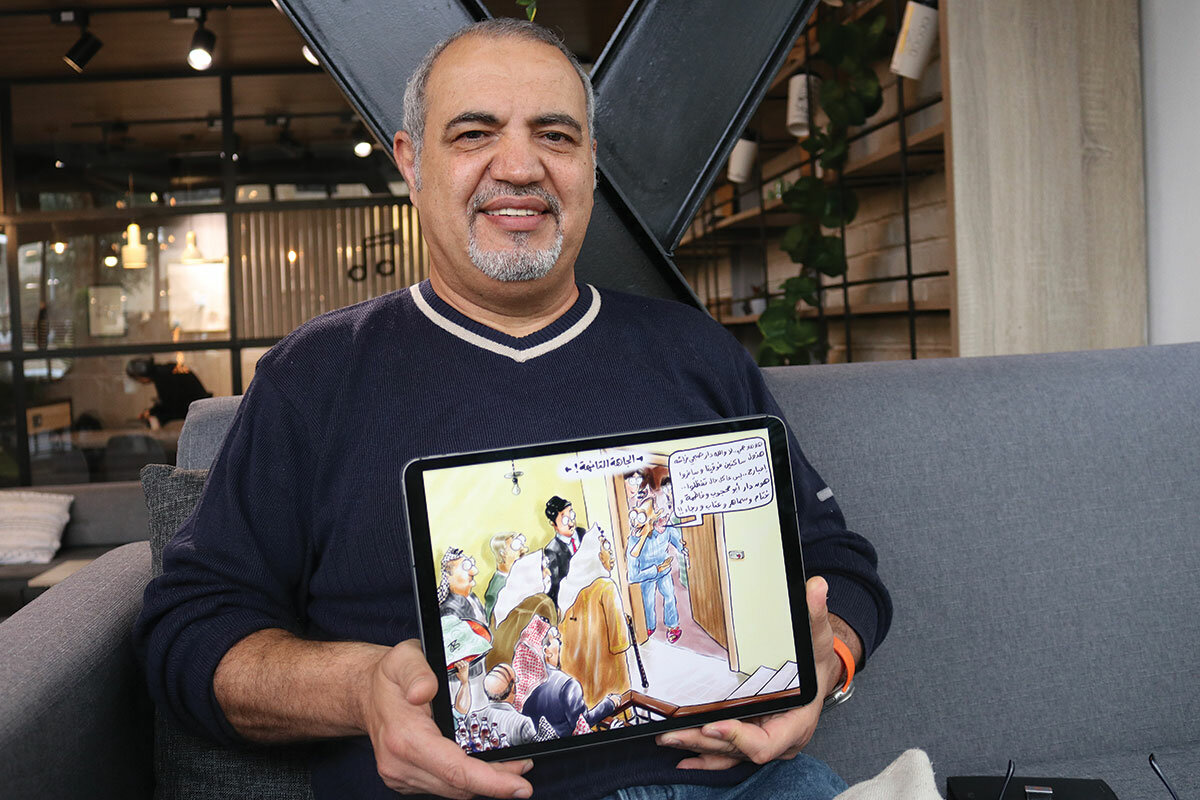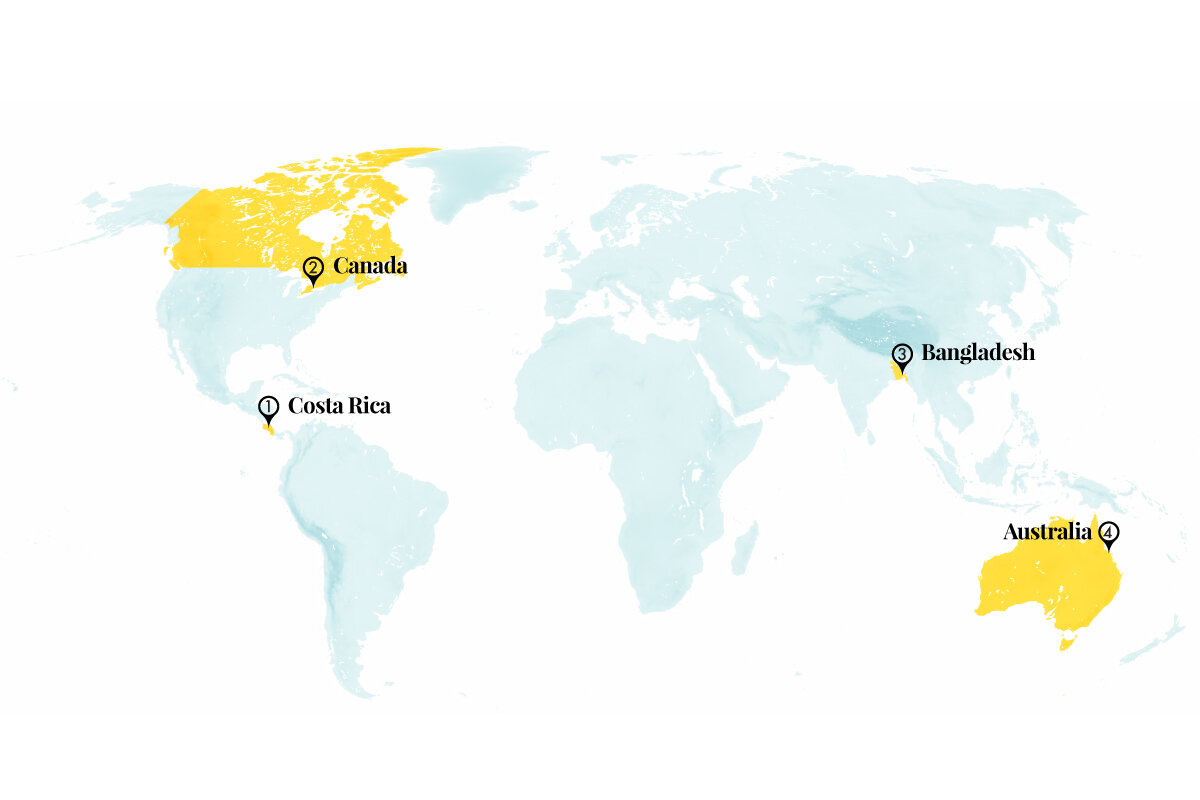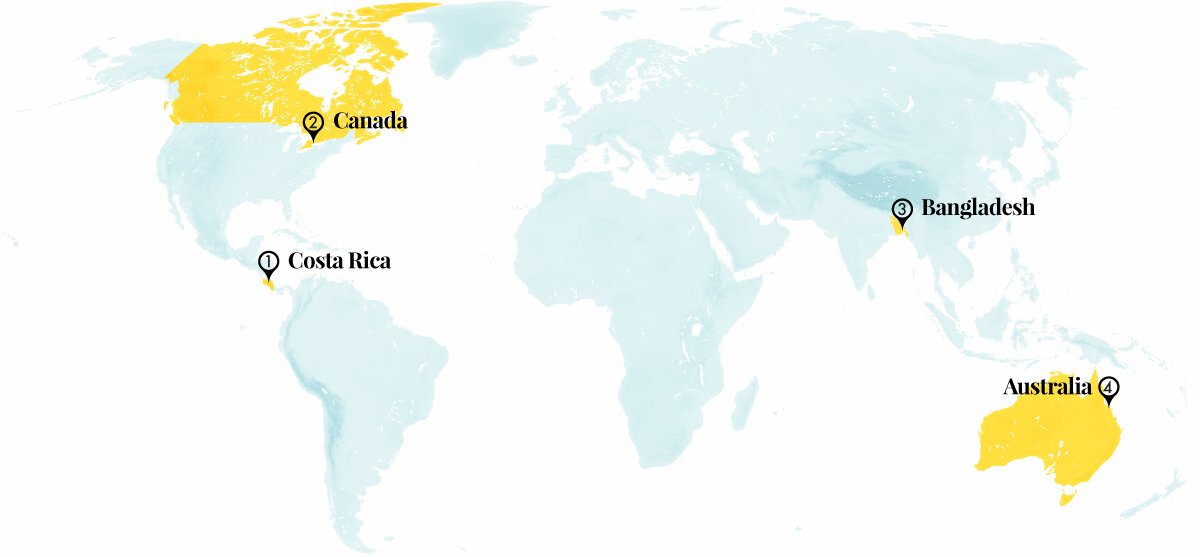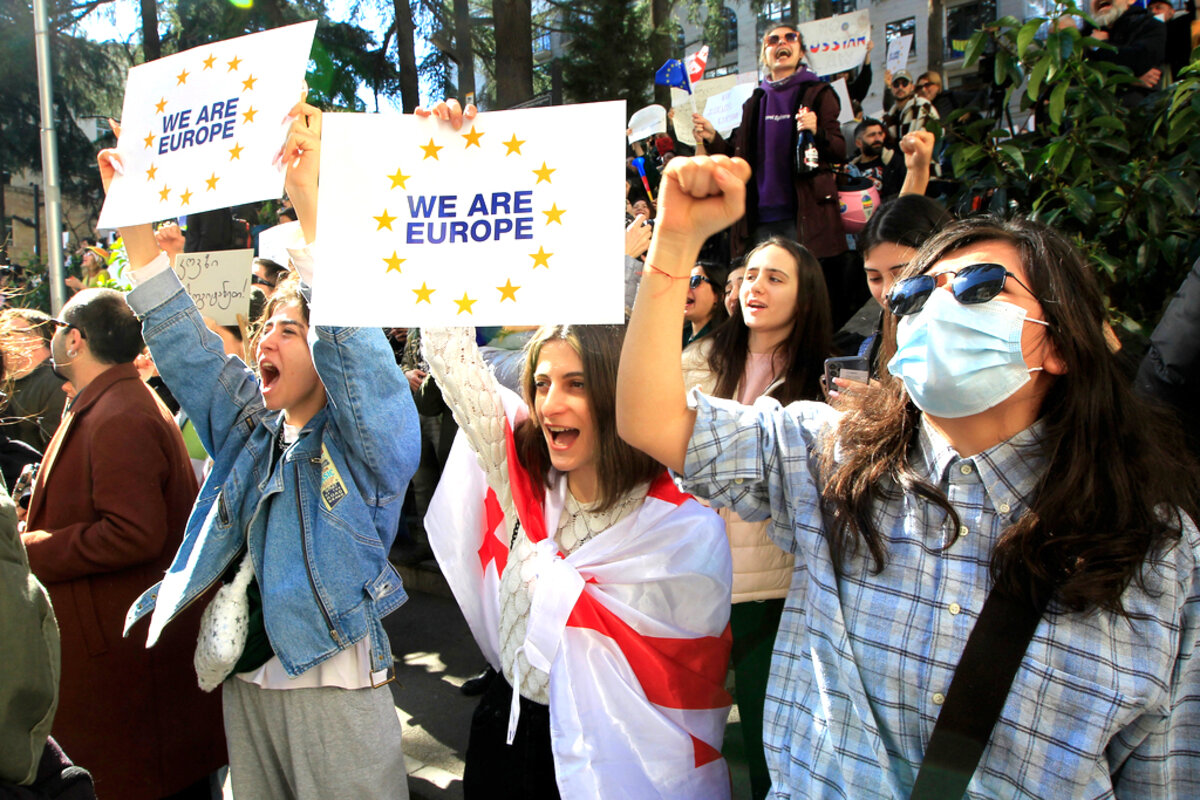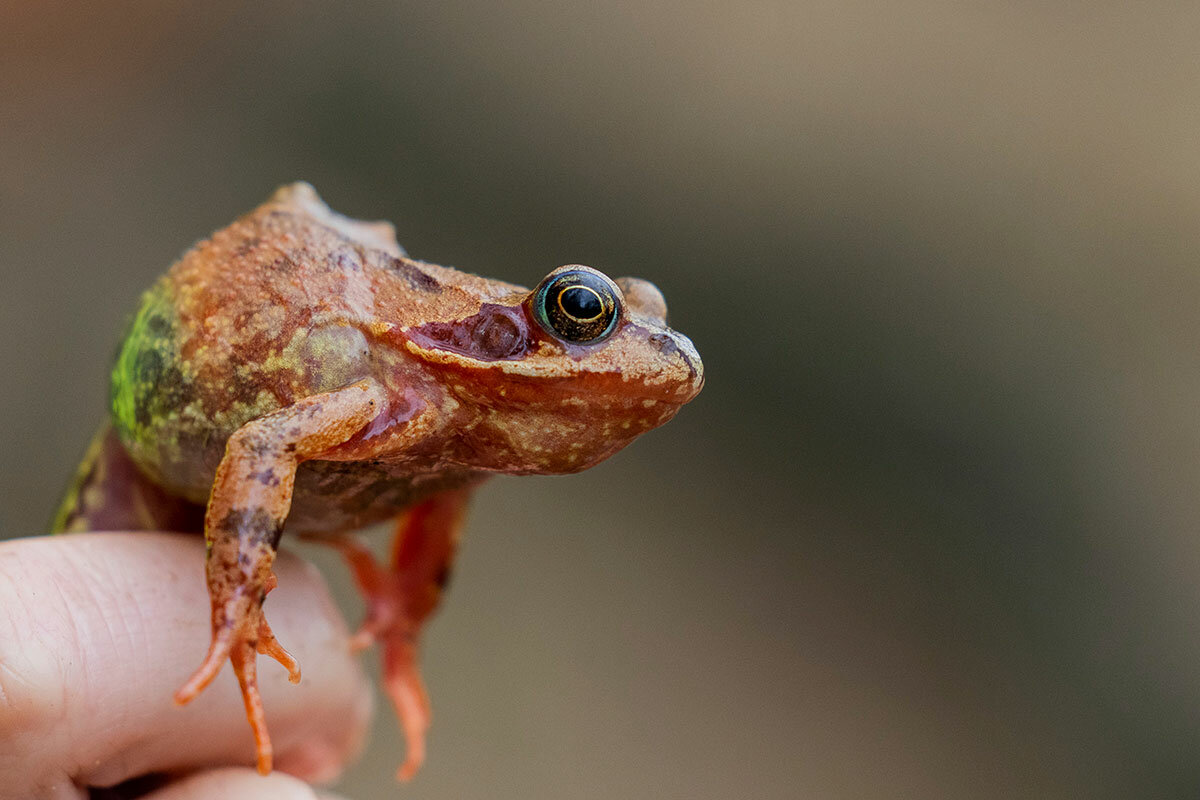Persistent inflation has pushed America into an era of rising interest rates that millions of American workers have never experienced before. Consumers have been showing resilience, but also some signs of strain.
Monitor Daily Podcast
- Follow us:
- Apple Podcasts
- Spotify
- RSS Feed
- Download
 Mark Trumbull
Mark Trumbull
Silicon Valley Bank wasn’t huge enough to be considered a “systemically important” financial institution that warrants extra scrutiny from regulators.
But we are learning that it was big enough to cause plenty of consternation when it failed.
The key explanation: Financial markets are all about confidence. One bank failure can stir wider questions, notably, “Could my bank be next?” Fear can spread. Risks that in theory shouldn’t be called systemic suddenly get treated that way.
A second large bank failed Sunday: Signature Bank, which at $100 billion in assets is about half the size of Silicon Valley Bank. Some other banks – but at present a relative few – are also facing serious investor and depositor worries.
All this explains why federal officials are doing their utmost to contain any panic.
“Your deposits will be there when you need them,” President Joe Biden told Americans Monday.
On Sunday night, federal regulators took an emergency action to make it so: They said depositors at both shuttered banks will be able to access their funds, even if the amounts are above the $250,000 that qualifies for protection by the Federal Deposit Insurance Corp.
The efforts, seen by many economists as necessary, bore immediate fruit: Despite a bumpy ride for some banks, the overall stock market held steady in Monday’s trading.
But the move also comes at a price. It’s true that there’s no direct infusion of taxpayer dollars. But in effect a risky bet by the bank, and by extension its wealthiest depositors, is getting a rescue – in the name of containing spillover to the wider financial system.
“Let me get this straight,” tweeted financial expert Aaron Klein of the Brookings Institution. “The Fed regulates SVB, allows it to blow up its balance sheet with uninsured deposits, buy low interest rate mortgages unhedged ... and then when it fails screams systemic risk and bails out their creditors.”
Yes, that doesn’t seem fair. But it’s also understandable that officials safeguard the system in times of stress. So a key challenge is figuring out how to avert financial panics today without sowing the seeds of irresponsible risk-taking tomorrow. That’s not a new problem. But it has just gained fresh urgency.






